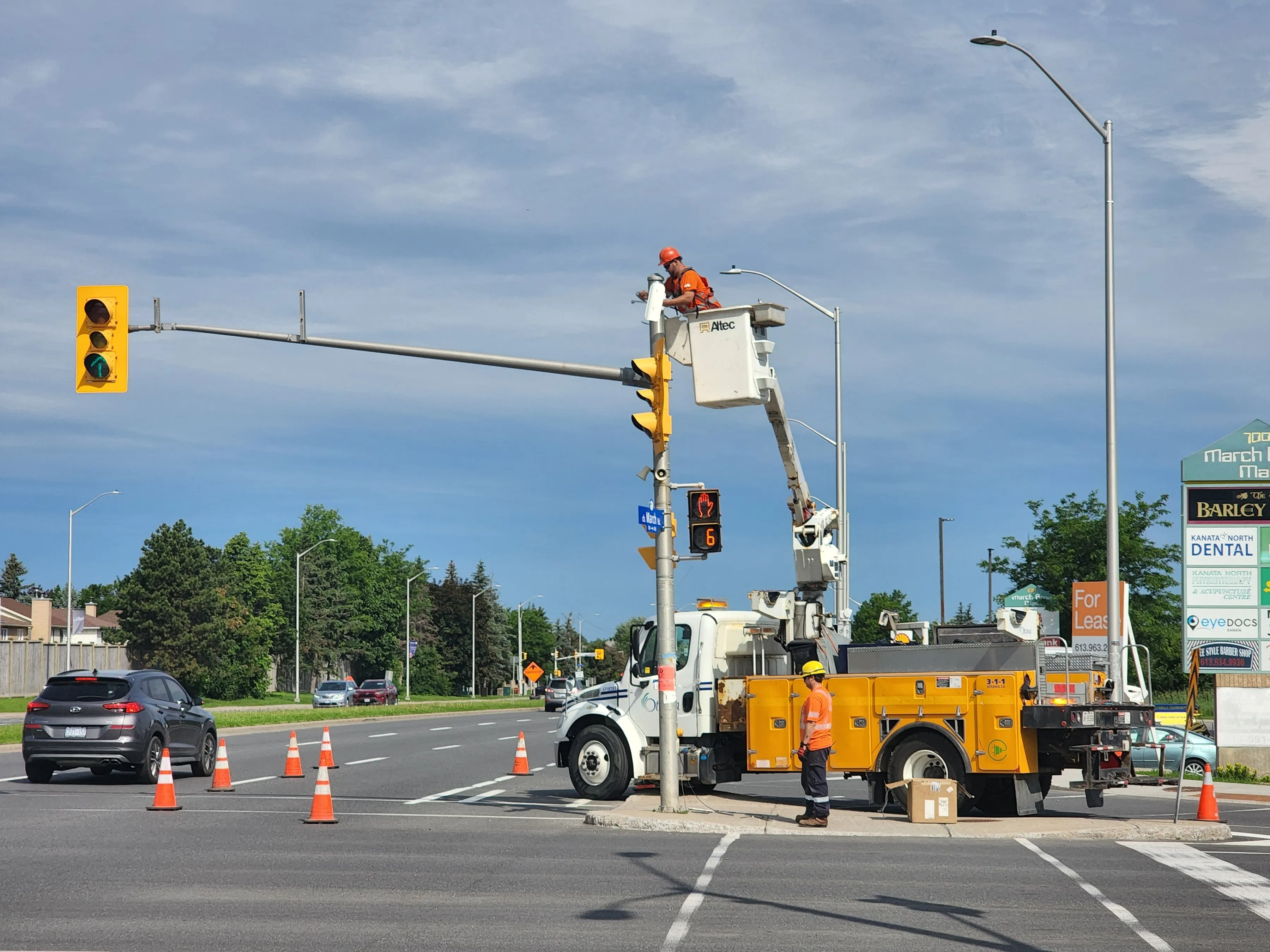Kapsch CarrierCom’s Vienna lab has successfully carried out the first functional addressing call utilising SIP signalling based on the IP multimedia subsystem (IMS).
The functional addressing service, also called ‘follow Me’, is one of the key operational features in railway communication networks and is the process of placing a call using a number that refers to the function which a user is performing at a certain time, as opposed to simply identifying the terminal equipment used.
The achievement com
June 10, 2016
Read time: 2 mins
The functional addressing service, also called ‘follow Me’, is one of the key operational features in railway communication networks and is the process of placing a call using a number that refers to the function which a user is performing at a certain time, as opposed to simply identifying the terminal equipment used.
The achievement combines soft phone-based user equipment, IMS capabilities and the service logic hosted within the Service Control Point release 5 (SCP5) application server. Kapsch’s new SCP5 uses standard commercial off-the-shelf hardware and is a convergent Service Delivery Platform (SDP). It enables service centralisation, functional transparency against the underlying network architecture and a smooth transition between current networks and the future full-IP system and is fully enabled for virtualisation, allowing flexible and cost-efficient deployment in railway data centres.
Overall, the system used for the demonstration of functional calls is aligned with the concepts discussed in the ETSI TC RT working group NG2R and the vision outlined in the user requirements and system architecture defined by the UIC project, Future Railway Mobile Communication System (FRMCS).
It acts as a building block for the additional activities planned within the European SHIFT2RAIL project. The proposed transition of the Global System for Mobile Communications – Railway (GSM-R) core systems to IP-based systems offers a number of benefits. It is primarily targeted to be radio technology-independent and offers multi-bearer support. In addition, it will increase reliability and availability, improve safety and reduce costs.
Within the next few years, European railway operators are expected to start to migrate to IP-infrastructure by adopting new technologies and prepare for the migration towards the future railway communication system.
In December 2015, Kapsch became associated member of SHIFT2RAIL and undertook responsibility for carrying out the analysis, specification and implementation of a prototype for a future communication system emergency call under the Innovation Programme 2.










